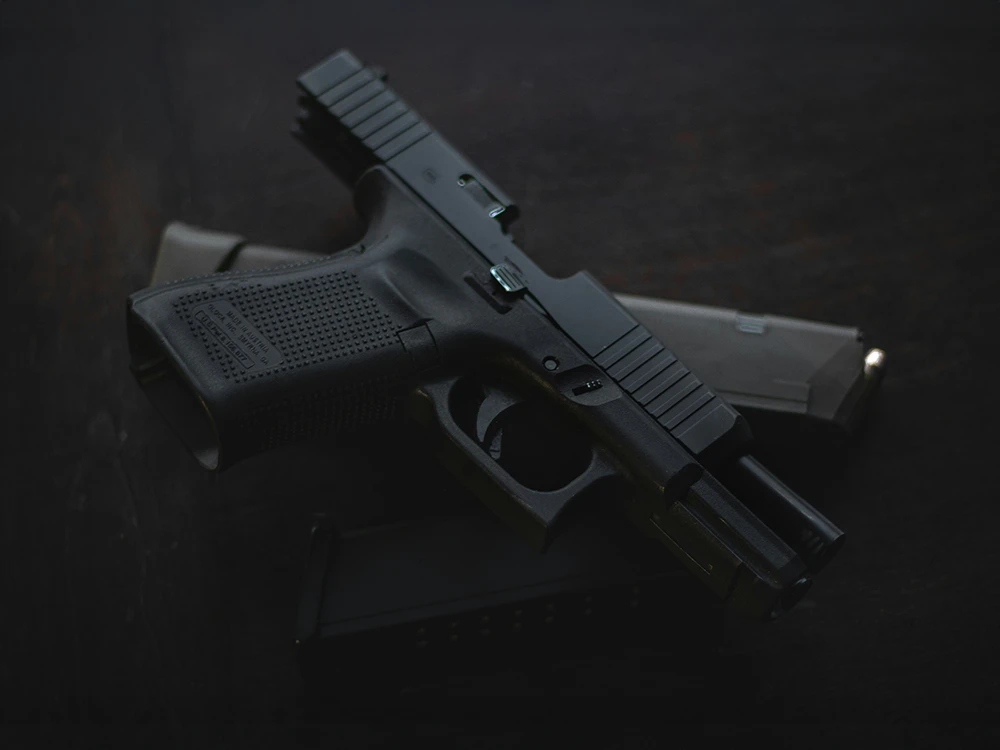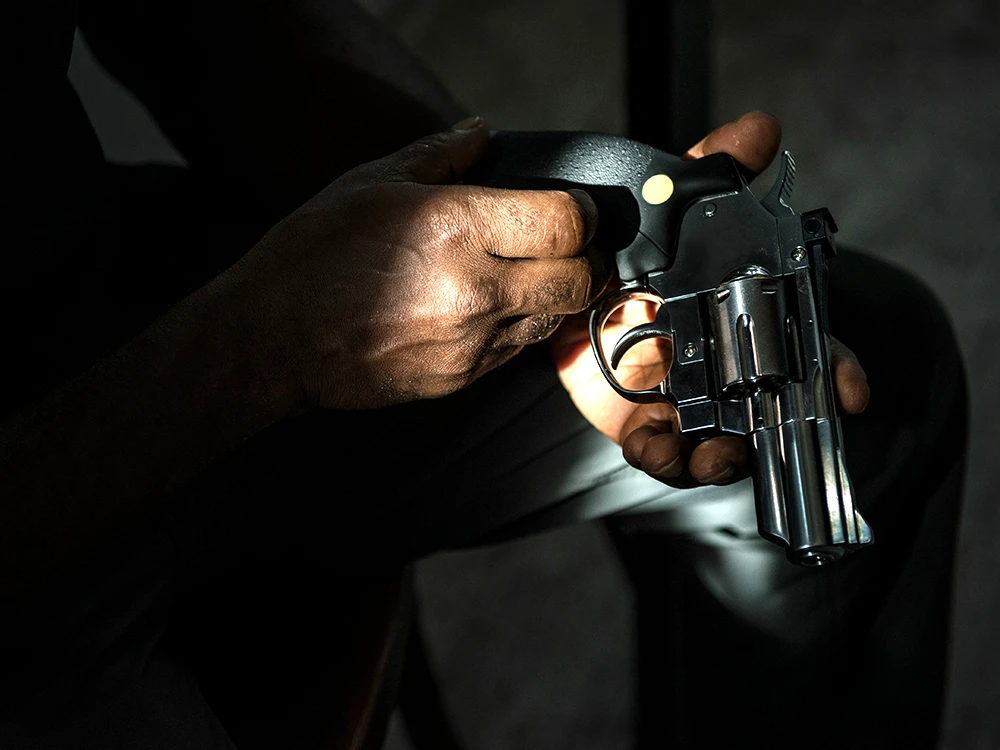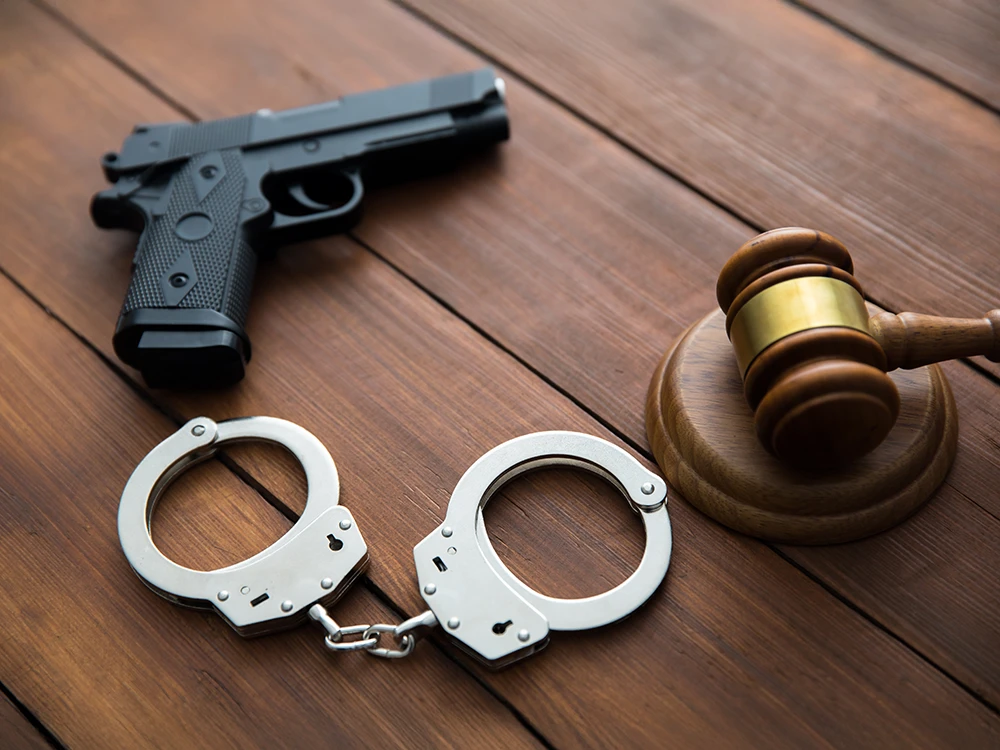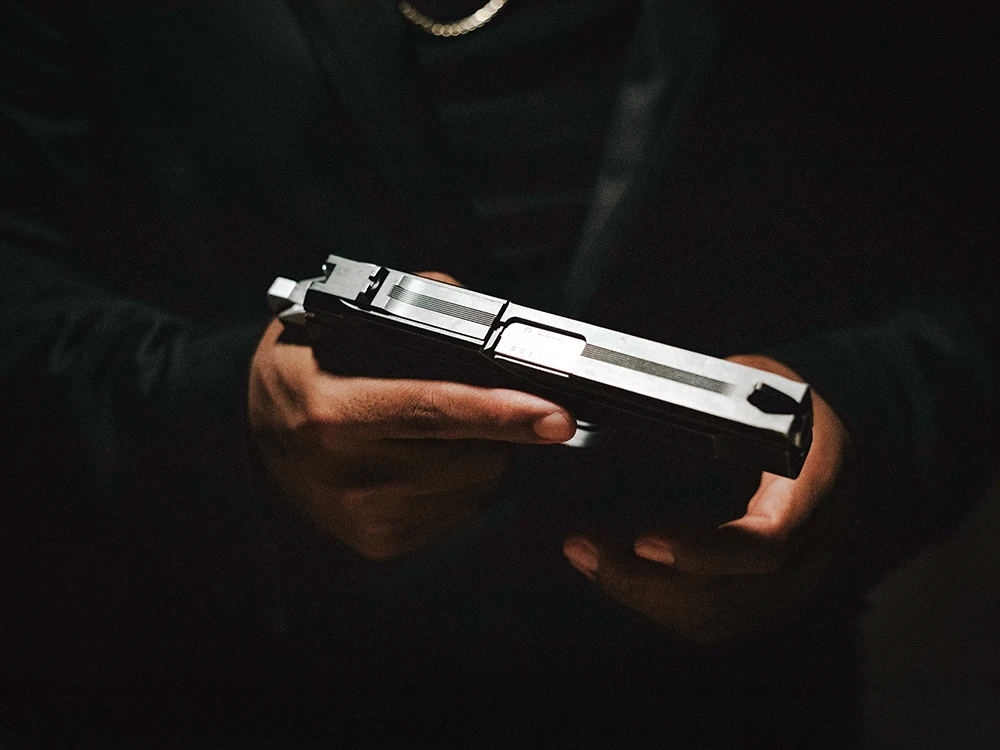Federal firearms statutes dramatically increase sentencing exposure when prosecutors successfully link a weapon to a qualifying crime of violence. Disputes over what offenses meet that definition often determine whether defendants face decades in additional prison time or even life sentences. A recent decision from the United States District Court for the Southern District of Florida addresses this high-stakes issue in the context of cyberstalking allegations that resulted in death. If you are charged with a firearm offense, it is wise to talk to a Tampa criminal defense attorney to understand how these classifications may affect your case.
Facts and Procedural History
Allegedly, the government charged the defendant in a superseding indictment with multiple firearm-related offenses, including discharging a firearm in furtherance of a crime of violence, conspiring to use and carry a firearm during a crime of violence, and causing the death of a person during a crime of violence. Each of those charges depended on whether an underlying cyberstalking offense qualified as a crime of violence under federal law.
Reportedly, the predicate offense alleged by the government involved cyberstalking resulting in death, charged under federal statutes that prohibit using electronic communications or interstate facilities to place another person in reasonable fear of death or serious bodily injury. The indictment alleged that the victim ultimately died as a result of the charged course of conduct. Continue Reading ›
 Tampa Criminal Lawyer Blog
Tampa Criminal Lawyer Blog










